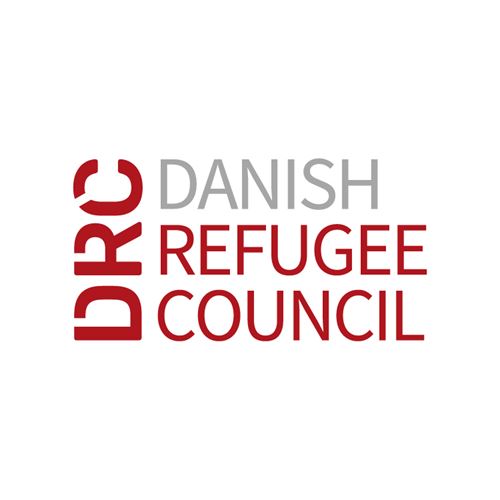Funding pledged at Brussels VIII Conference to support Syria and the Region falls short of the growing humanitarian needs in Syria, warned over 100 aid agencies.
The amounts pledged this year by the international community to support conflict-affected Syrians in Syria and the region, are less than half of what the Syria Humanitarian Response Plan (HRP) alone requires and have seen exponential yearly decreases since the onset of the crisis. An unprecedented 16.7 million Syrians inside Syria need assistance this year - over 75% of the population. 45% of them are children, who are now in more need than ever. This situation is forcing both humanitarian actors and the people in Syria to make difficult decisions about who and which basic needs to prioritize.
The refugee crisis in neighbouring countries also remains acute, as competing and compounding economic and socio-economic crises mean host countries depend on financial support to provide adequate aid, services, and basic goods to the millions of refugees. Nine in 10 Syrian refugees struggle to meet their basic needs amid restricted access to work and services and as anti-refugee sentiment persists.
It is urgent that funding is delivered as soon as possible. In Syria, the Humanitarian Response Plan is just less than 9% funded six months into the year, and the situation remains dire, with recent escalations, failing infrastructure, and growing humanitarian needs. The Regional Refugee and Resilience (3RP) is just 7.7% funded. Sustained, flexible funding is critical to maintain lifesaving programs and enable long-term recovery. While it was emphasized at the Ministerial Segment, early recovery continues to be underfunded, leaving millions dependent on emergency relief. Funding cuts mean aid agencies are now forced to further decrease the provision of essential services across Syria, including healthcare and protection services, just as needs reach unprecedented levels.
Aid agencies warn that the decreased funding jeopardizes the ability to address the worsening situation and do nothing to offload the burden on neighbouring countries left to shoulder the responsibility of hosting refugees by themselves. Donors must provide the resources required to ensure Syrians can access the support and protection they desperately need.
